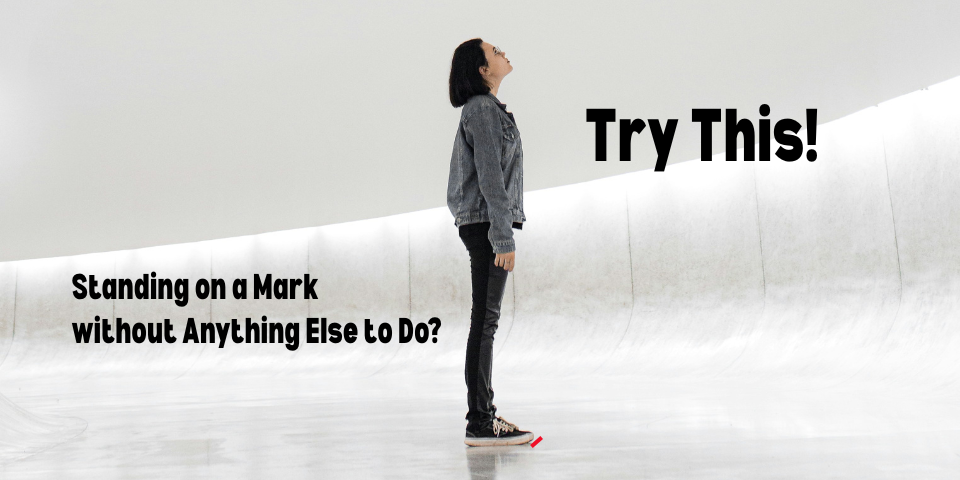Recently on set another stand-in and I were about forty feet from where the shot was set up. We were standing by around the corner in a hallway when we heard the 2nd 2nd AD call for us, only to arrive hearing her criticizing us that we weren’t there right when she called for us.
In truth, we were waiting just around the corner, out of the way of the crew, a mere three seconds from set. But we realized that since the 2nd 2nd AD hadn’t seen us, she did not know that we were close, so in her mind we weren’t nearby set.
While this was not a big deal, both of us work hard to do our jobs well as stand-ins, and we don’t take complaints lightly. We asked ourselves immediately after that experience what we could have done to have avoided the complaint. Being not simply close to set but also in eyesight of the 2nd 2nd AD would have avoided that problem, we determined.
Having a similar work ethic will help you to get through stand-in gigs where you just can’t seem to always do right. The ethic of problem-solving — of wanting to figure out what you can do in the future so problems don’t come up next time — can make you a successful stand-in. It can help you to avoid repeating the same “mistake” again and again. It may even get you to work in non-traditional ways as a stand-in. Peculiar personalities on a set can lead to non-traditional work environments, and not adapting to them can mean your getting yelled at.
For one project I was on, the director, a yeller, would hold rehearsals without telling the ADs, so the ADs wouldn’t communicate to the stand-ins that a rehearsal was going on. The next thing you knew, you were standing in on a scene you hadn’t seen, so you might get yelled at if you didn’t know the blocking. I learned that in order to succeed as a stand-in on this job, I had to follow the director around rather than rely on the ADs so that I knew when rehearsals were going on … and that solution really did work. Following the director around is not a traditional way of working as a stand-in, but on this project it was a fairly successful strategy.
In truth, perhaps all stand-ins performing to the best of their abilities get “yelled at” for something every once and awhile. The question then becomes for those stand-ins, “What can be done so that the yelling doesn’t happen again?”
Ask yourself that question the next time you do something that just doesn’t seem to make another crew member happy. If you find an answer, you might find soon enough that you’ve earned back that crew member’s respect.
How have you handled stand-in problems you found yourself immersed in on set? Please share your suggestions below!






Leave A Comment